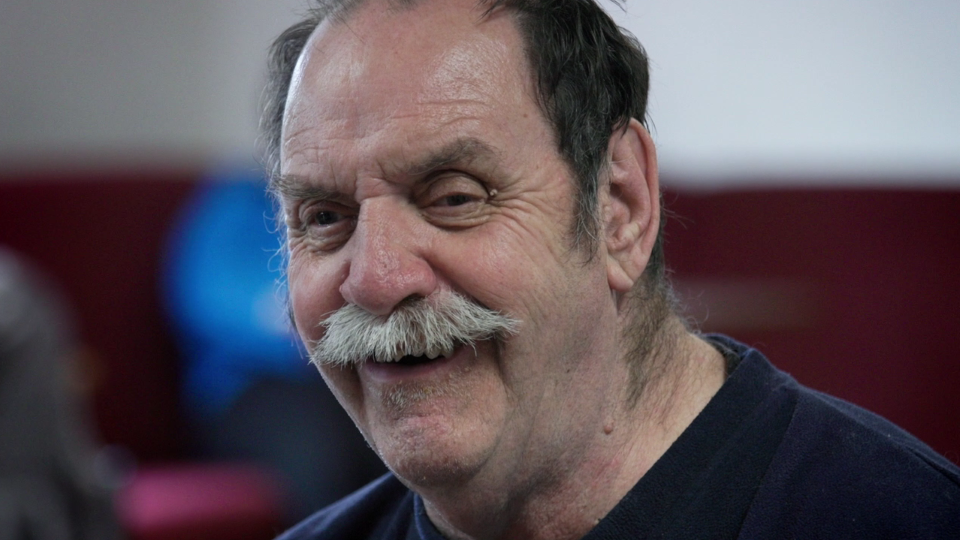'My journey of pain has led to something positive'
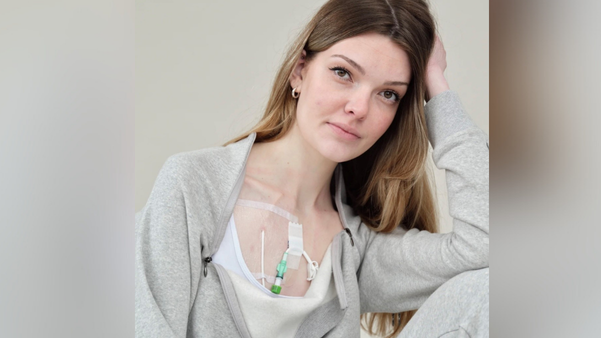
Celia Chartres-Aris said she has faced struggles to find a job for being "too disabled"
- Published
When Celia Chartres-Aris was a teenager she was "constantly in pain" and had to give up her active and sporty life.
The 27-year-old, from Hampshire, was born with the rare genetic Loeys-Dietz syndrome, external, which means she lives with multiple organ failure and is unable to eat or drink.
After recent struggles to find a job for being "too disabled", she now fights with "every breath I have" for improvement of disability and human rights.
Earlier this month, she topped the list of the Shaw Trust Disability Power 100 that recognise the achievements of the UK's most influential disabled people.
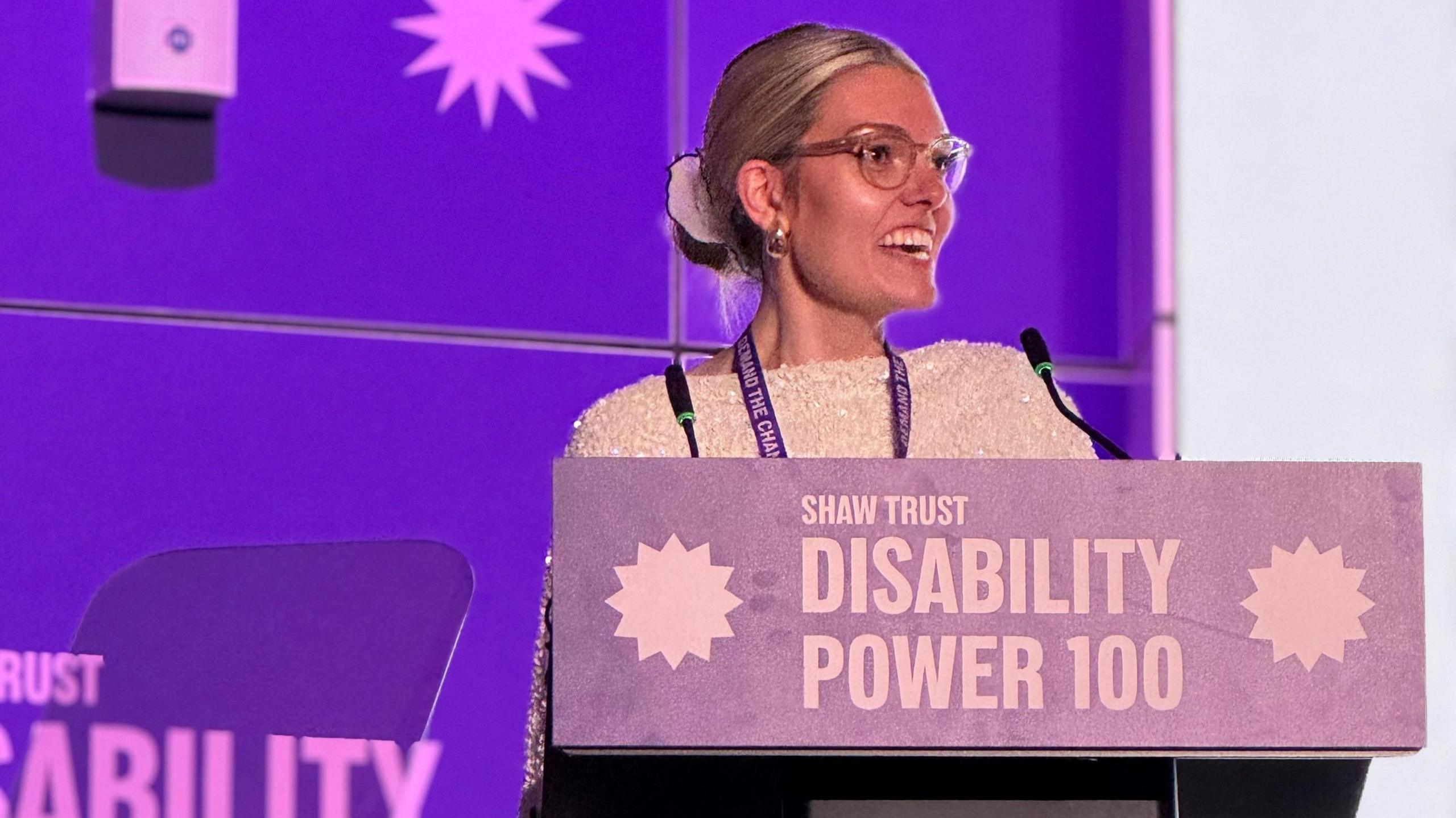
Celia described her most recent award as "monumental" and "a real privilege"
Celia, who lives near Winchester, said she has faced being "on and off a feeding tube because my intestinal system wasn't working properly".
But despite this, she completed a law degree and was starting her first training contract.
"I thought I was going to conquer the world," she said.
But at the beginning of the Covid pandemic, she went into multiple organ failure.
"When I tried to get back into work, nobody would have me... because I was too disabled.
"The barriers that I had experienced my entire life had suddenly got even bigger because I progressed from having an invisible disability to a very visible one," she added.
But instead of giving up, she decided to "survive and thrive", setting up the UK's first disability-focused policy unit to lobby the government.
"My fundamental aim is that the laws and legislations that we are writing or amending are done with adequate consideration and consultation of disabled people because historically that's just not happened," she said.
"That's how my journey of great pain has led to something very positive."
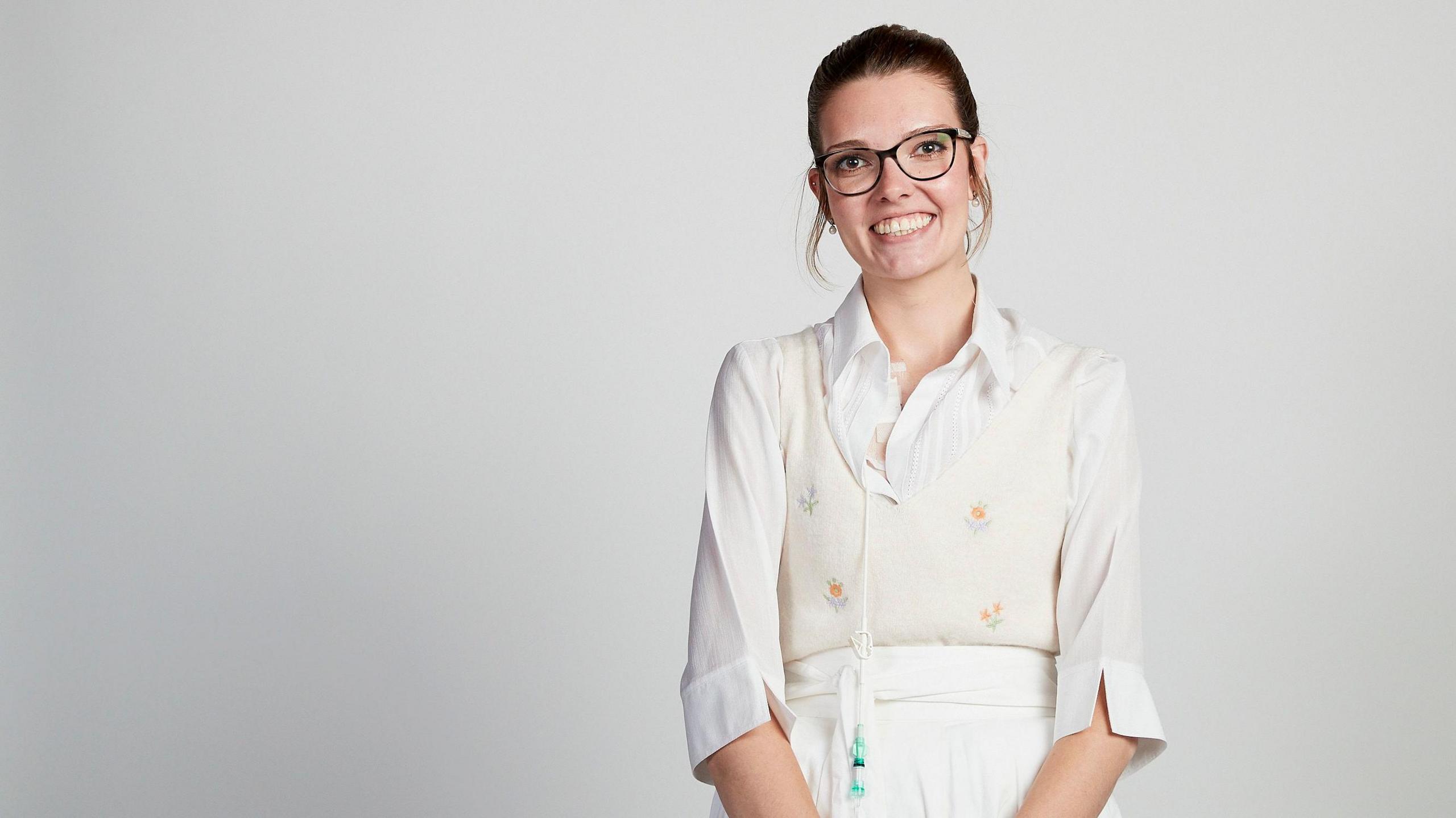
Celia said she was "excited" for an "incredibly big year" ahead
"Having something like the Disability Power 100 enables us all on the list, everybody nominated and everybody who supports it in the community, to be able to amplify our voices and show the work of these incredible advocates until we reach a point where we are included."
Celia said about 16 million people in the UK identified as disabled, external, and 95% of them said they experience discrimination every week.
"The slogan I always use is that accessibility and inclusion is a fundamental human right.
"And my life expectancy is much shorter than most people, but with every breath I have, I will continue to do what I do."
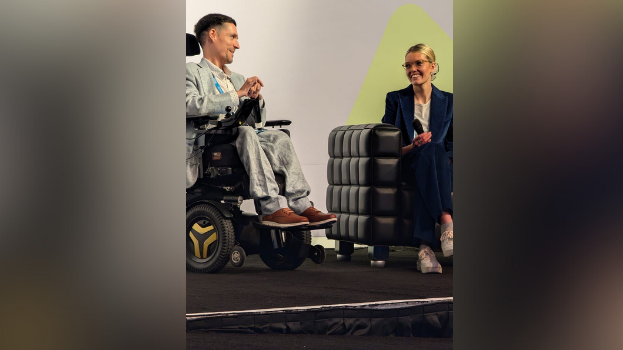
Celia sees accessibility and inclusion as "a fundamental human right"
Get in touch
Do you have a story BBC Hampshire & Isle of Wight should cover?
You can follow BBC Hampshire & Isle of Wight on Facebook, external, X, external, or Instagram, external.
Related topics
- Published7 November 2024
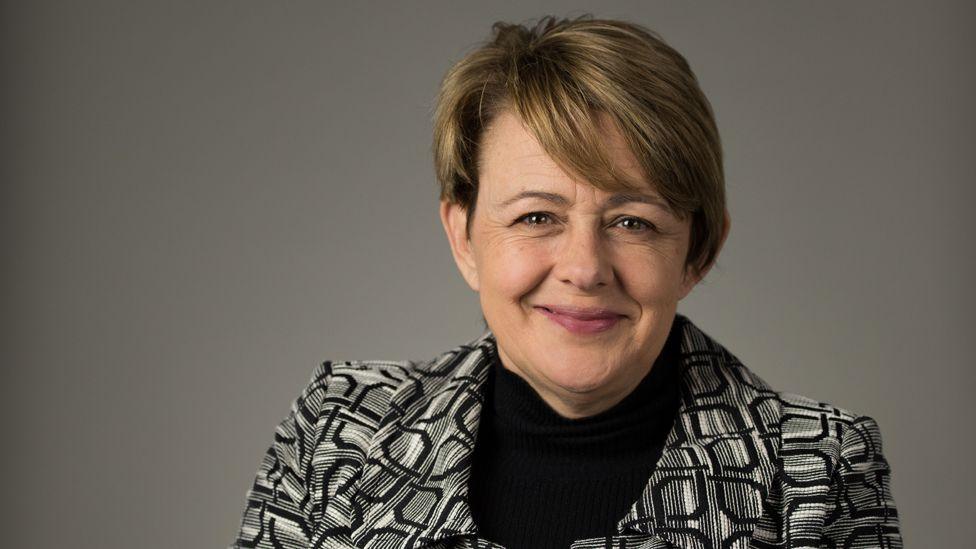
- Published16 October 2024
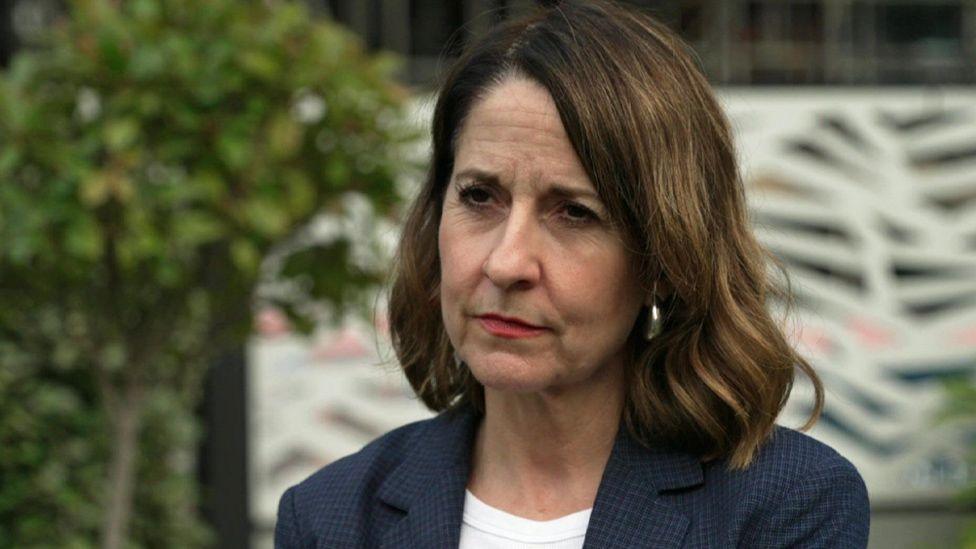
- Published13 November 2024
